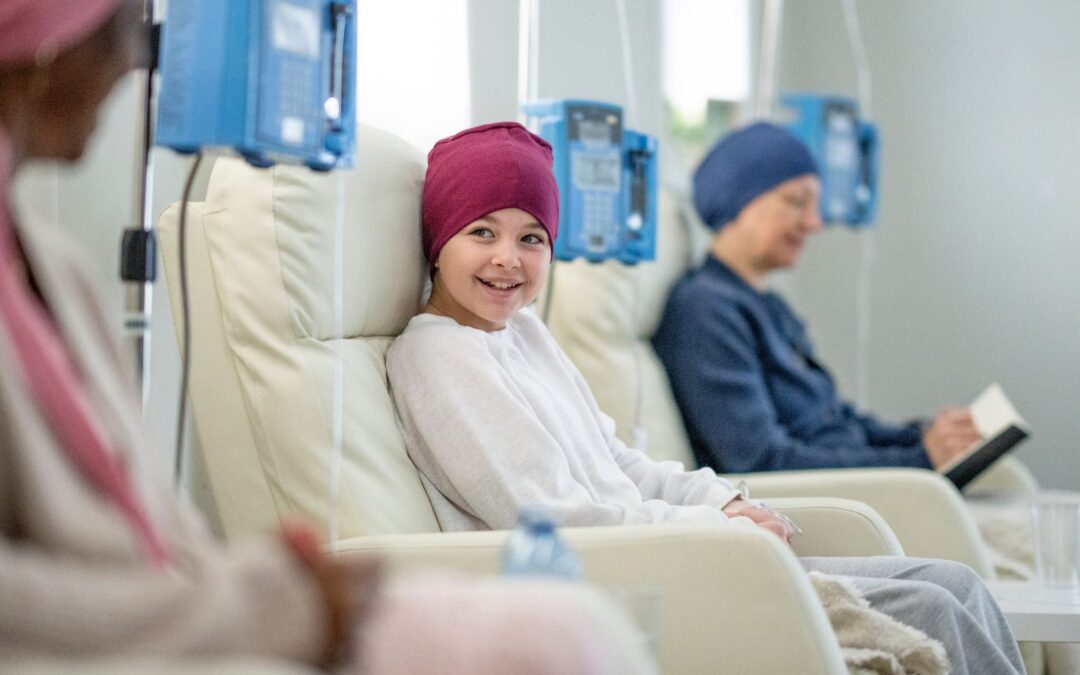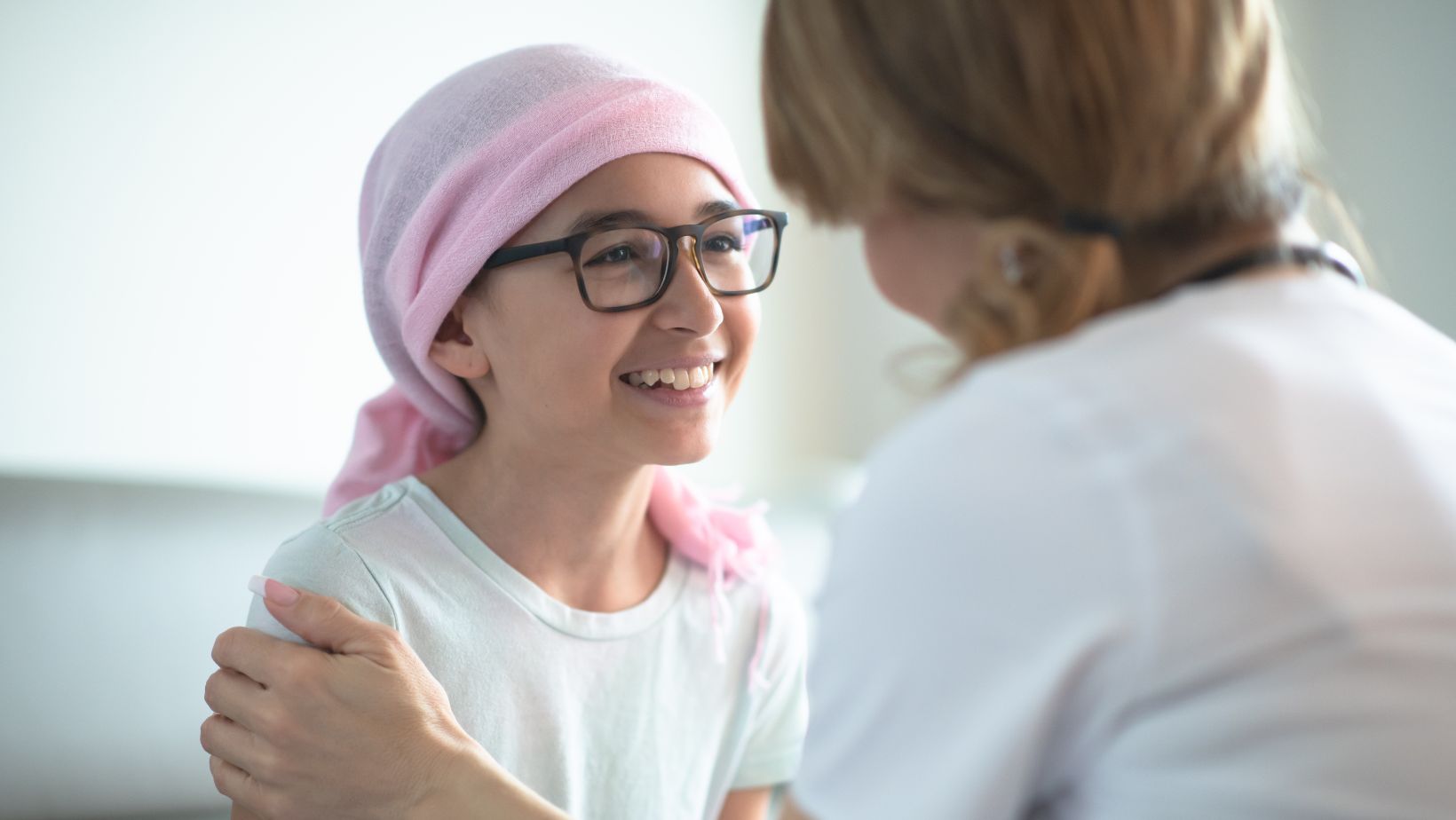
As globalization continues to interlink the world, healthcare possibilities are growing beyond geographical limitations, frequently driving parents to seek out the most effective treatments for their kids. Conventional treatments such as chemotherapy and radiation, although potent, carry a significant burden of side effects and do not assure success. This situation has sparked a growing fascination with alternative treatments, which frequently offer less side effects and a more comprehensive approach to healing.
Lately, there’s a discernible trend of families seeking alternative cancer treatments like immunotherapy in Mexico. But what propels parents to search southward despite the availability of conventional options locally? Let’s delve into the motives behind this substantial shift.
Accessibility and Affordability
Parents are increasingly seeking cancer treatment in Mexico primarily due to its affordability and accessibility. The cost of healthcare in the U.S., specifically cancer treatment, is often exorbitantly high, even for the insured. In contrast, Mexico provides a variety of treatments that are considerably less expensive, therefore alleviating the financial stress on families already dealing with a cancer diagnosis.
Additionally, the close geographical location of Mexico to the United States makes it a convenient option for many families, particularly those living in southern states. The simplicity of travel, combined with affordable treatment costs, renders Mexico a desirable choice for those looking for quality care within their budget.
The Gerson Therapy
Among the alternative treatments available, the Gerson Therapy is a name that frequently comes up. This unique therapy is based on an organic, plant-based diet, detoxification, and intensive nutrient intake. Advocates of the Gerson Therapy believe that these methods can help the body to heal itself from cancer by boosting its own immune capabilities and metabolic functions.
Clinics in Mexico that offer this therapy operate under different regulatory restrictions than those in the U.S., allowing them more freedom. This appeals to parents who are keen to explore all treatment options for their child, particularly when traditional methods have been tiring or moderately successful.
Advanced Immunotherapy Options
The most compelling reason many parents are turning to Mexico is the availability of advanced immunotherapy for cancer treatment. Unlike traditional treatments that broadly target rapidly dividing cells, immunotherapy works differently. It empowers the body’s immune system to recognize and selectively combat cancer cells, potentially reducing side effects and improving survival rates.

Cutting-edge immunotherapy options have been leading the way in Mexican clinics, some of which are not yet easily accessible in other countries. This provides not only a glimmer of hope for parents seeking the newest cancer care but also the potential for a treatment customized to their child’s unique needs. The reported positive results from some families have only increased interest, elevating immunotherapy as a ray of hope for many fighting cancer.
Holistic and Integrative Approaches
Beyond specific treatments like the Gerson Therapy or cutting-edge immunotherapies, many Mexican clinics offer holistic and integrative approaches to cancer care. These programs often combine traditional medical treatments with alternative therapies that include acupuncture, herbal medicine, and nutritional counseling.
Parents are increasingly attracted to the holistic approach because it focuses on the overall well-being of the child, not just treating the cancer. This viewpoint is particularly beneficial for those who trust in the unification of body, mind, and spirit during the healing process. More and more, parents are gravitating towards these all-inclusive care models, with the hope of providing their child with a more balanced and less aggressive treatment strategy.
Fewer Regulatory Hurdles
The regulation of medical treatments in Mexico can be less strict compared to the U.S. or Europe. This adaptability facilitates the faster adoption and execution of new and inventive treatments than in countries with more stringent approval procedures.

Parents who are urgently seeking solutions unavailable in their home countries may find Mexico’s flexible regulatory framework appealing. This faster pathway can bring new hope to families who feel that time is crucial and fear that the slow pace of traditional treatment approvals could waste precious time.
Success Stories and Word-of-Mouth
Personal endorsements and success narratives significantly impact parents’ choices. The popularity of alternative cancer treatments in Mexico was boosted by stories of extraordinary recoveries and advancements shared across social media, forums, and community networks. These stories provide tangible proof of the possible advantages of opting for an alternative route, presenting new hope where traditional medicine might have been exhausted. These types of powerful endorsements encourage more families to consider Mexico for their cancer treatment.








